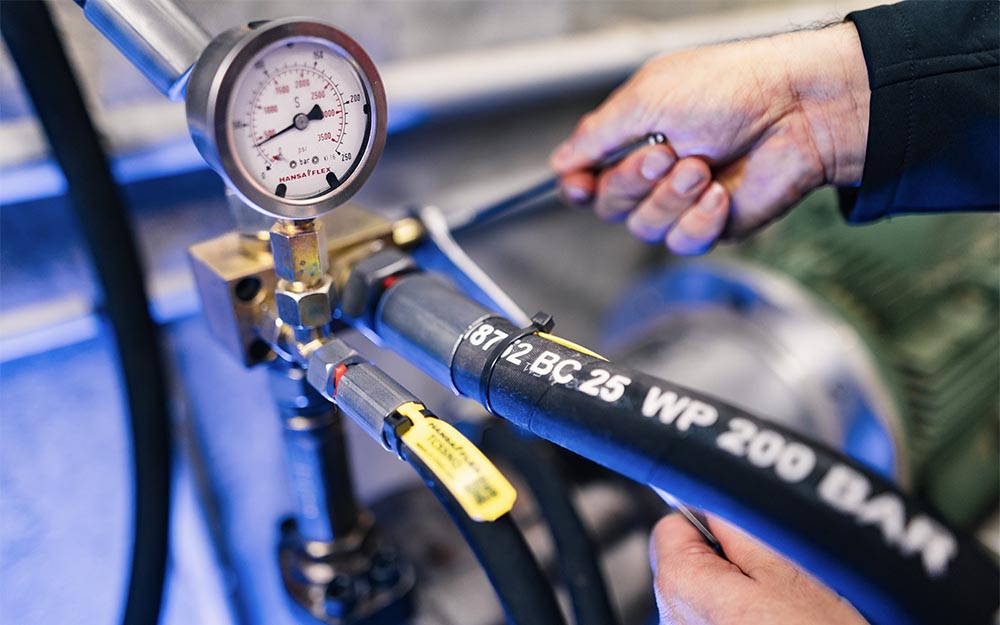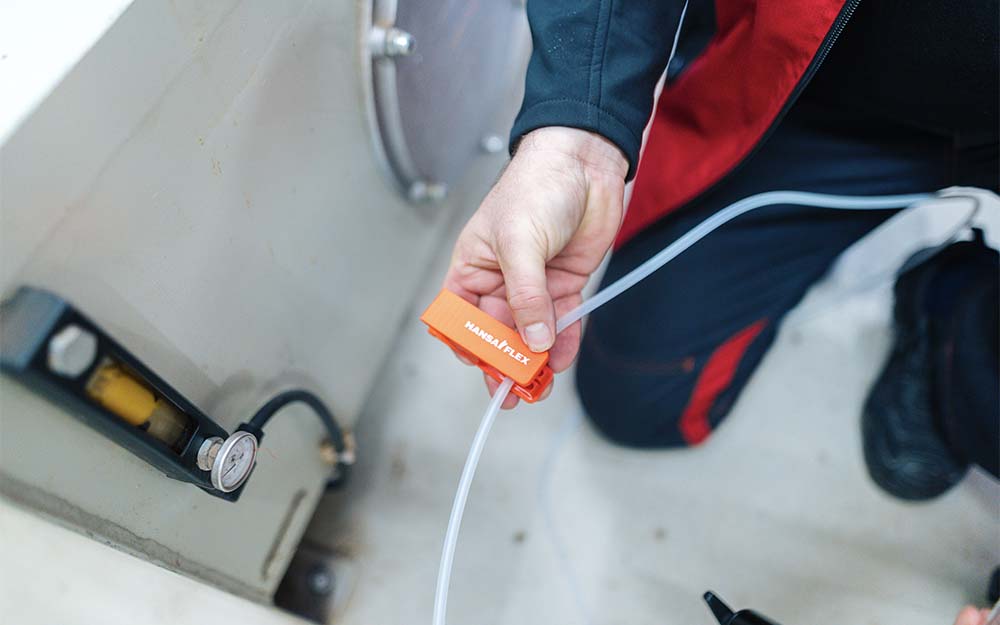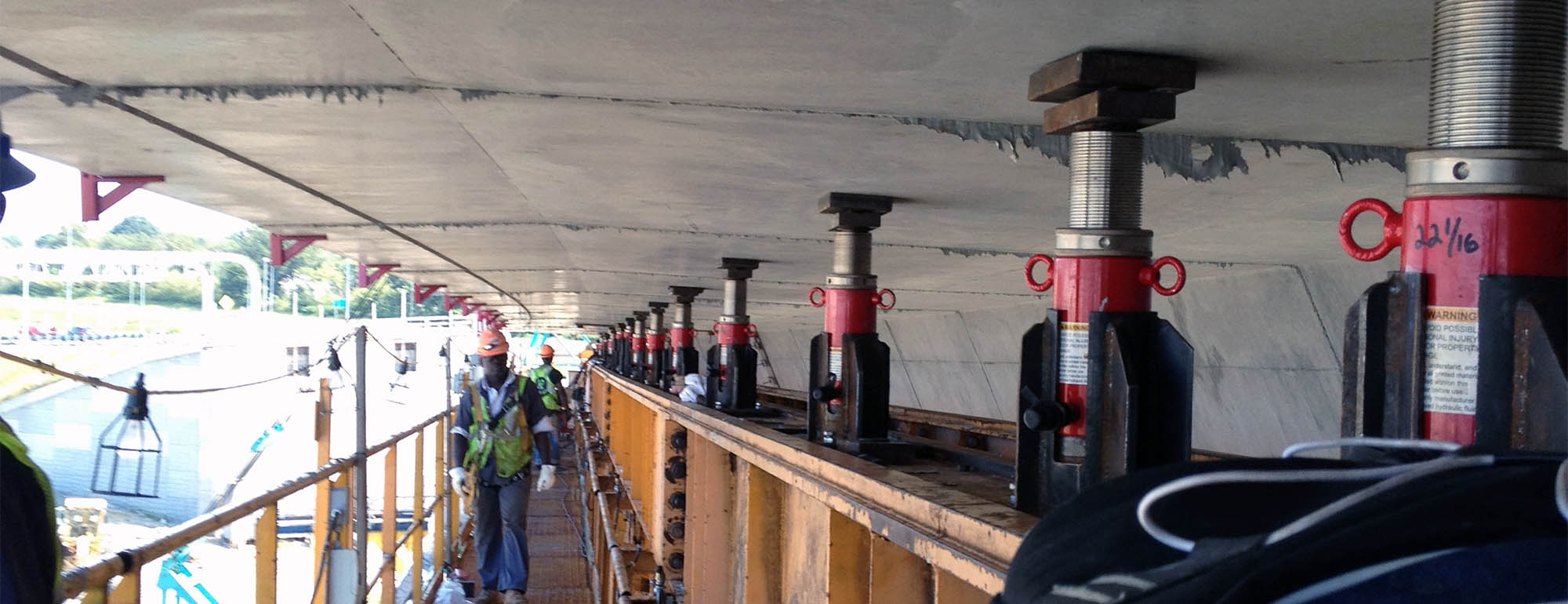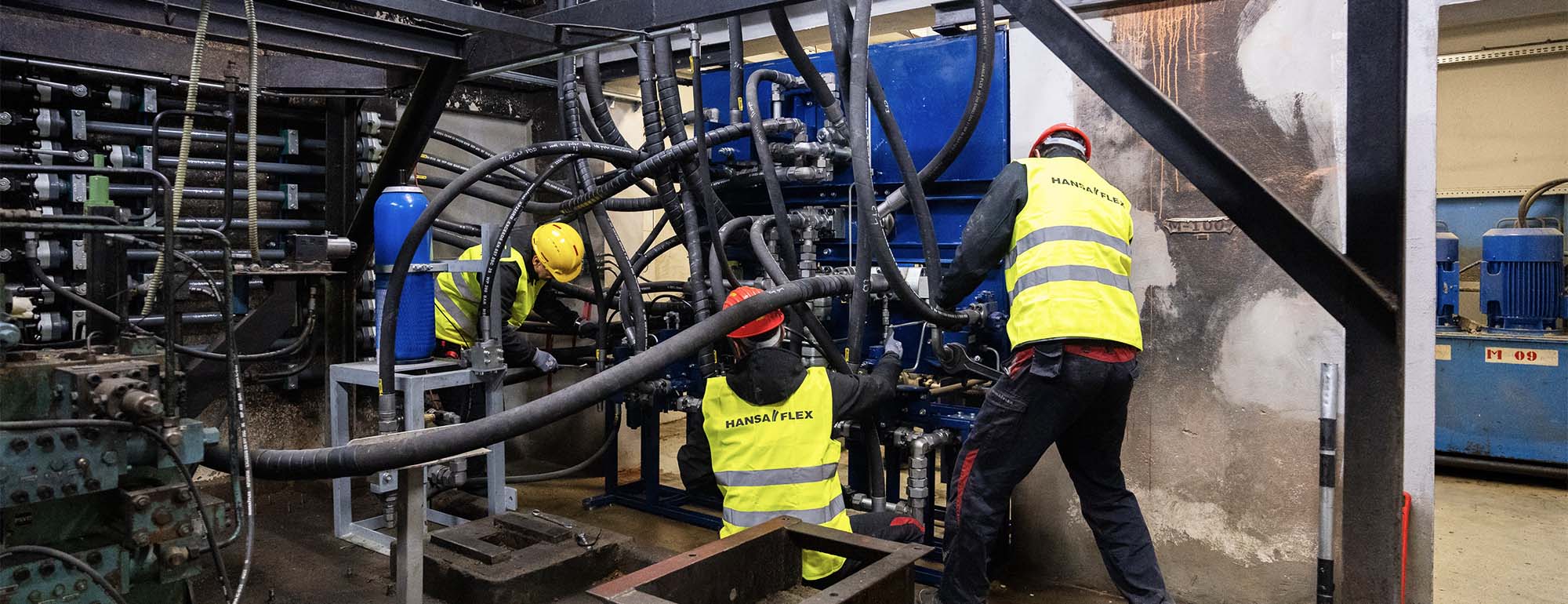At the Wolfgang Köhler Primate Research Centre, which is part of Leipzig Zoo’s “Pongoland”, 53 great apes live in a tropical environment – which presents Armin Wenzel and his team from the HANSA‑FLEX Industrial Service with some challenging working conditions.
At the Wolfgang Köhler Primate Research Centre (WKPFZ), an international research team studies the behaviour and underlying cognitive processes of four great ape species. Particular interest is paid to the psychological development of the individual animals, and the resulting differences and similarities between the species. The centre is part of the Max Planck Institute for Evolutionary Anthropology, and works hand in hand with animal keepers from Leipzig Zoo, on whose premises it is integrated. Zoo visitors know the primate enclosure as “Pongoland”. Here 28 chimpanzees, 12 bonobos, 7 orangutans and 6 gorillas live in spacious indoor and outdoor enclosures that offer plenty of opportunities for exercise. Zoo visitors can observe the great apes both in their enclosures and in the adjacent study rooms.






Tropical working conditions
It’s hot and humid in “Pongoland”, and the service technicians quickly break out in a sweat during their work. But to make the great apes feel at home, tropical conditions have to prevail all year round in the 30,000 m² complex. As Armin Wenzel, service technician at HANSA- FLEX Leipzig explains, it isn’t only the heat and humidity that pose challenges for people and materials. “The real challenge is that when something needs to be done, it has to be carefully planned so that everything is working again by the evening and the apes can retire to their sleeping quarters as usual.” Armin Wenzel is a regular visitor to “Pongoland” and is used to the curious looks of the primates: “You can get relatively close to the apes, which is really interesting. When we are in the passageways used by the keepers, the apes often watch us to see what we’re doing. I know both the apes and the keepers pretty well by now.”
Everything has to be monkey-proof
Access to the indoor enclosures of the apes is controlled by around 120 hydraulic sliding doors, operated by two hydraulic circuits in a centralised system. “In principle, these are simple sliding panels. However, they all have to be secured with non-return valves to prevent the apes from lifting them up,” explains Wenzel. Since primates are both curious and skilful, the HANSA‑FLEX technicians in “Pongoland” also had to pay particular attention to the heightened security requirements when they installed and masked the hydraulic systems. For example, only socket screws are used here, all of which have to be carefully countersunk. “If we used simple slotted screws without countersinking, the apes would unscrew them with their fingernails, and they would unscrew the nuts from the stud bolts with their molars. So everything has to be planned and implemented in such a way that it can’t be monkeyed with”, says Patrick Engelmann, Area Sales Manager at HANSA‑FLEX Dresden Weixdorf.
There is always something to do
A total of around 600 hydraulic hose lines have been installed in “Pongoland”, so there’s always some job that has to be done. The use of the X-Code means that the Max Planck Institute and HANSA‑FLEX always have a clear overview of all the hose lines and can plan the work effectively. The HANSA‑FLEX Industrial Service is responsible, among other things, for repairs, line replacement, scheduled maintenance of power packs including filter changes and oil analysis, as well as the legally required replacement of hose assemblies every six years. Since the ape enclosures are cleaned daily, the hydraulic systems come into contact with a lot of water and cleaning agents. To increase their service life, the systems are therefore now gradually being upgraded to stainless steel, which covers both the cylinders and the pipework.







All those involved work hand in hand
“Pongoland” is a special kind of project, involving a collaboration between the Wolfgang Köhler Primate Research Centre, Leipzig Zoo, the Max Planck Institute and HANSA‑FLEX. “Officially, HANSA‑FLEX works for the Max Planck Institute, not the zoo. But of course, in an emergency the head keeper of “Pongoland” can contact the Industrial Service team directly. Over the years we have built up a relationship of trust that allows us to deal with things informally,” says Armin Wenzel. Dr Jörg Noack from the Max Planck Institute for Evolutionary Anthropology is also highly satisfied: “From the very beginning our collaboration with HANSA‑FLEX has been very good, we can always rely on Mr Wenzel and his team.”

 Mexico
Mexico


